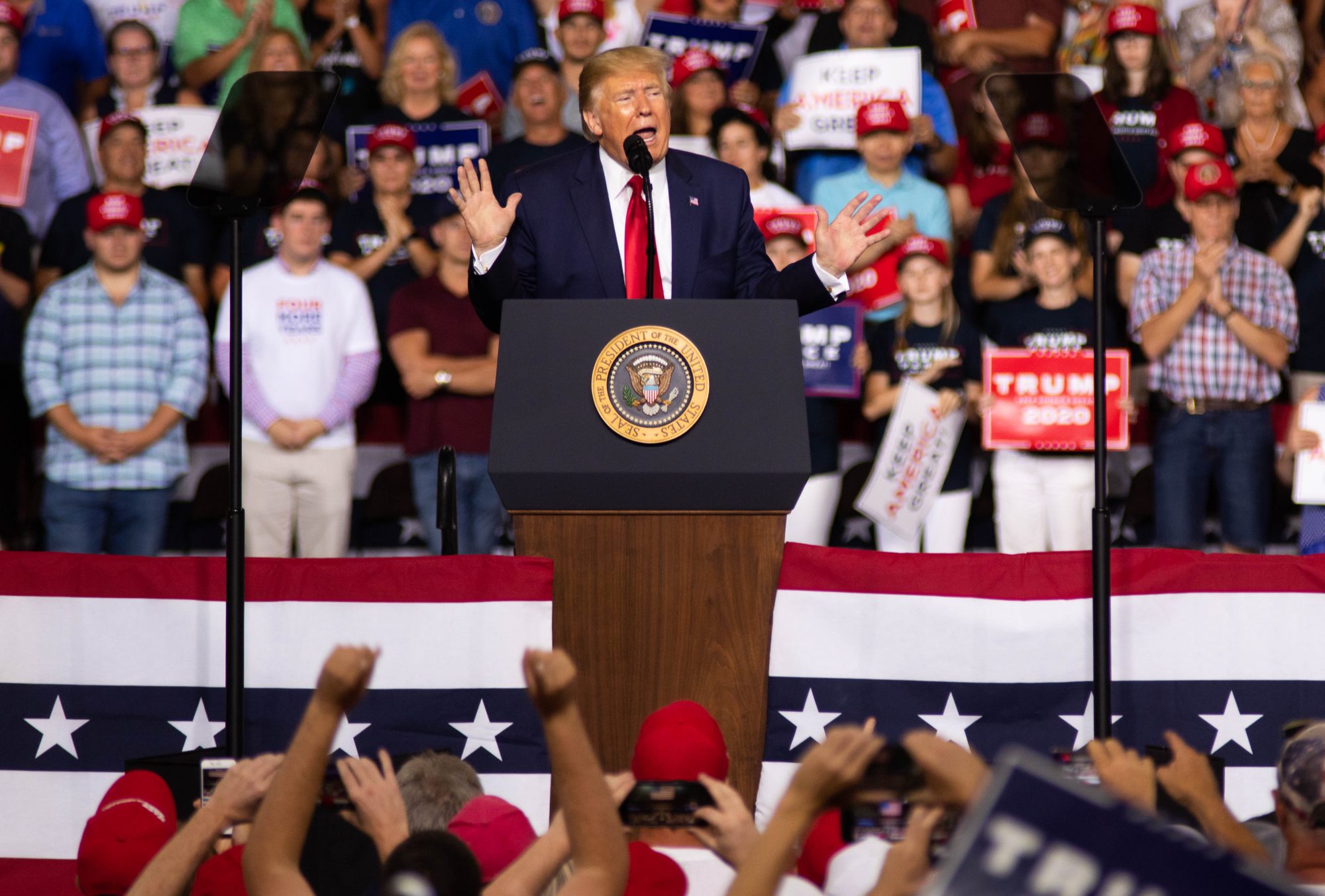As United States President-elect Donald Trump prepares to take office in January, colleges and universities across the nation are anticipating his new education policies.
Trump has proposed eliminating the U.S. education department, which runs the $1.6 trillion student loan program, The Washington Post reported in November. His policies may also eliminate the Title I program, which supplies funding for high-poverty K-12 schools and education for students with disabilities, according to The Washington Post.
Higher education experts at the University of Maryland expressed concern for diversity, equity and inclusion efforts on campuses and potential cuts to federal funding for research and student aid.
University president Darryll Pines told The Diamondback that it is difficult to speculate what could happen in Trump’s second term.
This university’s administration is conducting strategy meetings and communicating with the federal delegation to develop a plan for adapting to the incoming presidential administration, Pines said.
Pines said this university will continue to collaborate with any presidential administration to advance education, research and service.
“We’ll do the same things we always do in every administration,” Pines said on Dec. 5.
[Donald Trump nominates UMD finance professor as deputy treasury secretary]
According to education policy professor David Blazar, Trump’s proposed policies could lead to reduced federal funding toward schools and less federal financial support for low-income students.
“We’ll probably see, pretty quickly, the tensions of the administration over the next several weeks, several months or into January,” Blazar said. “They’ve already made clear some of the programs or policies that are up for discussion.”
Trump praised the Supreme Court in 2023 for pausing President Joe Biden’s student loan forgiveness plan. Trump would likely reverse Biden’s plan, regardless of if the education department continues to exist, The Washington Post reported in November.
According to The Washington Post, the department’s elimination could challenge civil rights laws that block discrimination in public institutions including on the basis of race, sex and religion.
Paul Brown, an associate clinical professor at this university’s public policy school, said the abolishment of the education department is “hypothetical” as of right now, because of the lack of specifics in Trump’s proposal and the failures of past politicians.
Brown said the education department’s elimination is unlikely because of the “handful” of Republicans and overwhelming majority of Democrats who oppose the move.
“You need a supermajority in the Senate in order to get appropriations bills done, unless you change filibuster rules,” Brown said. “I don’t see that happening at this point.”
The biggest worries for education professor Nancy Shapiro are Trump’s policies targeting DEI initiatives and immigrant students who lack permanent legal status.
[Donald Trump selects UMD alum Susie Wiles as White House chief of staff]
During his campaign trail, Trump said he would reduce federal funding for any institution or program promoting “critical race theory, gender ideology, or other inappropriate racial, sexual or political content,” The Washington Post reported in October.
With these proposed policies, Americans can anticipate federal efforts to eliminate DEI offices at universities and public pressure against language used in university mission statements, Shapiro said.
“Just because they take away an office doesn’t mean that we don’t continue to do the work in some way,” Shapiro said.
Shapiro said universities such as this one should start thinking ahead about necessary student support and must become proactive about issues on campus.
This university can foster community — which is vital for students — by bringing legal, immigration and civic workshops to students, according to Shapiro.
“Our higher education community is a huge investment in protecting our democracy,” Shapiro said.
To Shapiro, fostering community also means enforcing civic education through required classes, as opposed to panels and discussions, at higher education and K-12 schools.
Though Brown said there’s still work to be done, he recognizes that this university is ahead of most institutions when it comes to enforcing civic engagement because of its local community outreach encouraging participation in local and national elections.
“We can do this work, preferably at the local level,” Brown said. “I think that’s where our university system is going, and I think that’s where higher education in general is going.”
Blazar said the potential establishment of Trump’s policies means students and staff must accomplish more research with less funding, while also maintaining personal goals and values.
“It can be very easy to get overwhelmed and lost in the shuffle of all the logistics,” Blazar said. “It’s important to not lose sight of why we’re in this work.”



